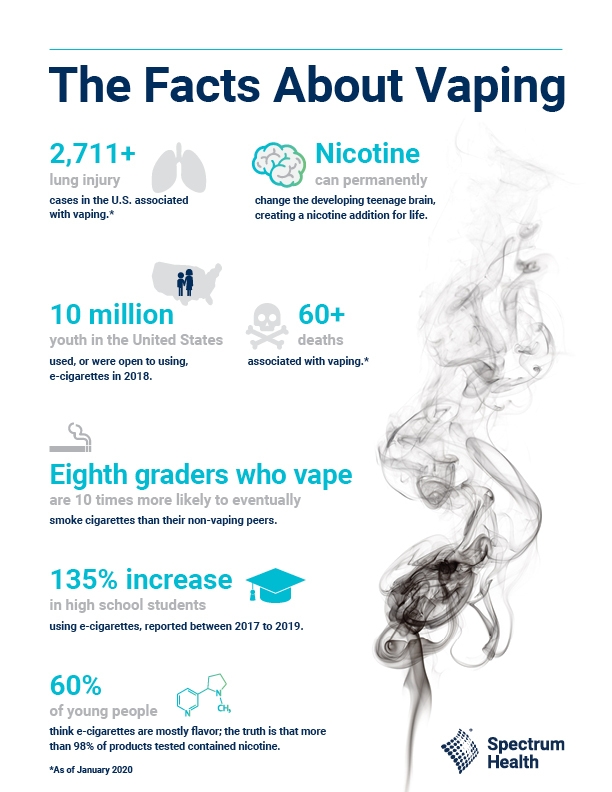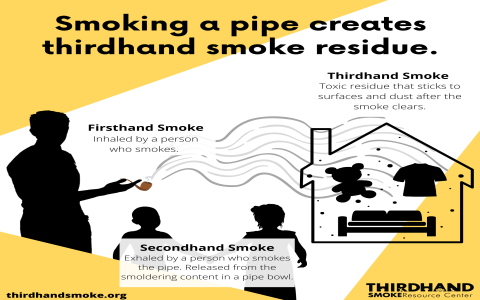Electronic cigarettes (e-cigarettes) are not harmless. While they may be perceived as a safer alternative to combustible cigarettes, their aerosol exposes users to numerous harmful substances and poses significant health risks.
Primary Health Concerns
-
Nicotine Addiction and Brain Development:

Most e-cigarettes contain nicotine, a highly addictive substance. Nicotine exposure during adolescence and young adulthood can disrupt brain development, which continues until the mid-20s. This can affect attention, learning, mood regulation, and impulse control. Early nicotine use also increases the risk of addiction to other substances.
-
Respiratory System Damage:
Inhaling e-cigarette aerosol can cause lung inflammation and damage. The aerosol contains harmful chemicals, including acrolein, which can cause acute lung injury and may contribute to chronic obstructive pulmonary disease (COPD) and asthma. Some flavoring agents, like diacetyl, have been linked to a serious lung condition called bronchiolitis obliterans (often referred to as “popcorn lung”). E-cigarette use can also exacerbate pre-existing respiratory conditions like asthma.
-
Cardiovascular Risks:
Nicotine is a stimulant that raises blood pressure and heart rate. Long-term e-cigarette use may increase the risk of cardiovascular events, including heart attack and stroke, by contributing to arterial stiffness and other vascular dysfunctions.
-
Exposure to Carcinogens and Toxicants:
E-cigarette aerosol is not merely water vapor. It can contain a variety of potentially harmful substances, including:
- Ultrafine particles that can be inhaled deep into the lungs.
- Flavoring chemicals linked to lung disease.
- Volatile organic compounds (VOCs).
- Heavy metals such as nickel, tin, and lead, which can leach from the heating coil.
- Cancer-causing chemicals (carcinogens) like formaldehyde and acetaldehyde, which can form when the e-liquid overheats or is not properly vaporized.
-
Risks for Specific Populations:
Pregnant Individuals: Nicotine exposure during pregnancy is detrimental to fetal development, potentially affecting the brain and lungs of the developing baby.
Youth and Young Adults: This demographic is particularly vulnerable to nicotine addiction. E-cigarette use among young people is a major public health concern, and there is evidence it can serve as a gateway to traditional cigarette smoking.
-
Device-Related Dangers:
Defective e-cigarette batteries have been reported to cause fires and explosions, leading to serious injuries. Additionally, accidental ingestion of e-liquid, especially by young children, can result in acute nicotine poisoning due to the high concentration of nicotine.
Conclusion
While the long-term health effects of e-cigarettes are still under investigation, existing evidence strongly indicates that their use is associated with significant adverse health outcomes. They are not a risk-free product and pose particular dangers to vulnerable populations, including youth, young adults, and pregnant individuals.










